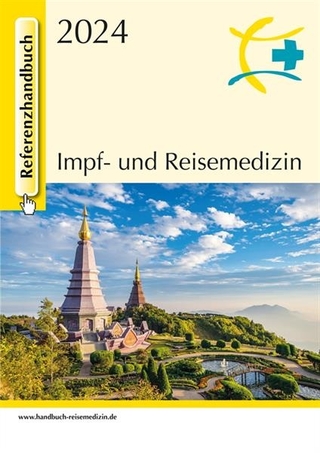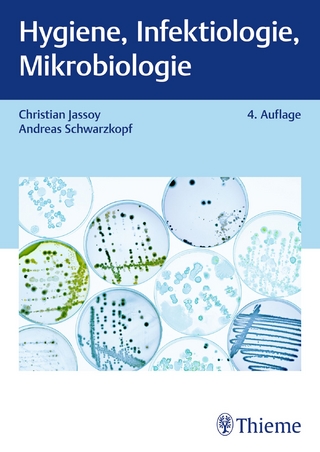
Comparative Biochemisty of Parasitic Helminths
Chapman and Hall (Verlag)
978-0-412-32730-8 (ISBN)
- Titel ist leider vergriffen;
keine Neuauflage - Artikel merken
Parasitic helminths which invade the body cavities and tissues of man and animals have developed specialized biochemical adaptations appropriate to this lifestyle. The study of their comparative biochemistry is concerned with determining the ways in which host and parasite metabolisms differ. The application of this information is vital in devising strategies for controlling parastic infestation. This text is an assessment of current ideas in the field, written by acknowledged world authorities. Wide-ranging in approach, its coverage includes: specialized biochemical adaptations and their significance; the function of monamines in metabolism and neurobiology; the evolutionary significance of oxygen and parasitic adaptation, detoxification reactions and drug inactivation functions; and the role of molecular biology in drug resistance. Examples of the application of modern techniques, such as nuclear magnetic resonance spectroscopy, to the study of parasite metabolism are cited but with the emphasis on topics of current concern rather than specialized data.
Preface: Developmental regulation of ascarid energy metabolism - R Komuneicki and P R Komuniecki; 5-hydroxytryptamine glucose transport and intermediary metabolism of helminths - D F Mettrick; The functions of the catecholamines and 5-hydroxytryptamine in parasitic nematodes - D Smart; Physiological significance and comparative biochemistry of complex II - H Oya and K Kita; Oxygen and lower metazoa - C Bryant; How do parasitic helminths use and survive oxygen and oxygen metabolites? - R K Prichard; The role of glycerol in the metabolism of hymenolepis diminute - S Kohlhagen; Intermediary carbohydrate metabolism in adult schistosomes - D P McManus; Detoxification reactions in parasitic helminths - J Barrett; Parasitic transport and inactivation functions involved in efficacy of anthelmintics - R C Rew; The molecular biology of drug resistance in parasitic helminths - G C Coles; The role of comparative biochemistry in parasites and its role in drug resistance - species differences in tubulin - E Lacey; Systematic effects of helminth infection as revealed by serum LDH isozymes and kinetic parameters of transport of the host tissue - P Venkateswara et al.
| Erscheint lt. Verlag | 6.7.1989 |
|---|---|
| Zusatzinfo | index |
| Verlagsort | London |
| Sprache | englisch |
| Maße | 156 x 234 mm |
| Gewicht | 390 g |
| Themenwelt | Medizin / Pharmazie ► Medizinische Fachgebiete ► Mikrobiologie / Infektologie / Reisemedizin |
| Naturwissenschaften ► Biologie ► Biochemie | |
| Veterinärmedizin ► Klinische Fächer ► Parasitologie | |
| ISBN-10 | 0-412-32730-9 / 0412327309 |
| ISBN-13 | 978-0-412-32730-8 / 9780412327308 |
| Zustand | Neuware |
| Haben Sie eine Frage zum Produkt? |
aus dem Bereich


